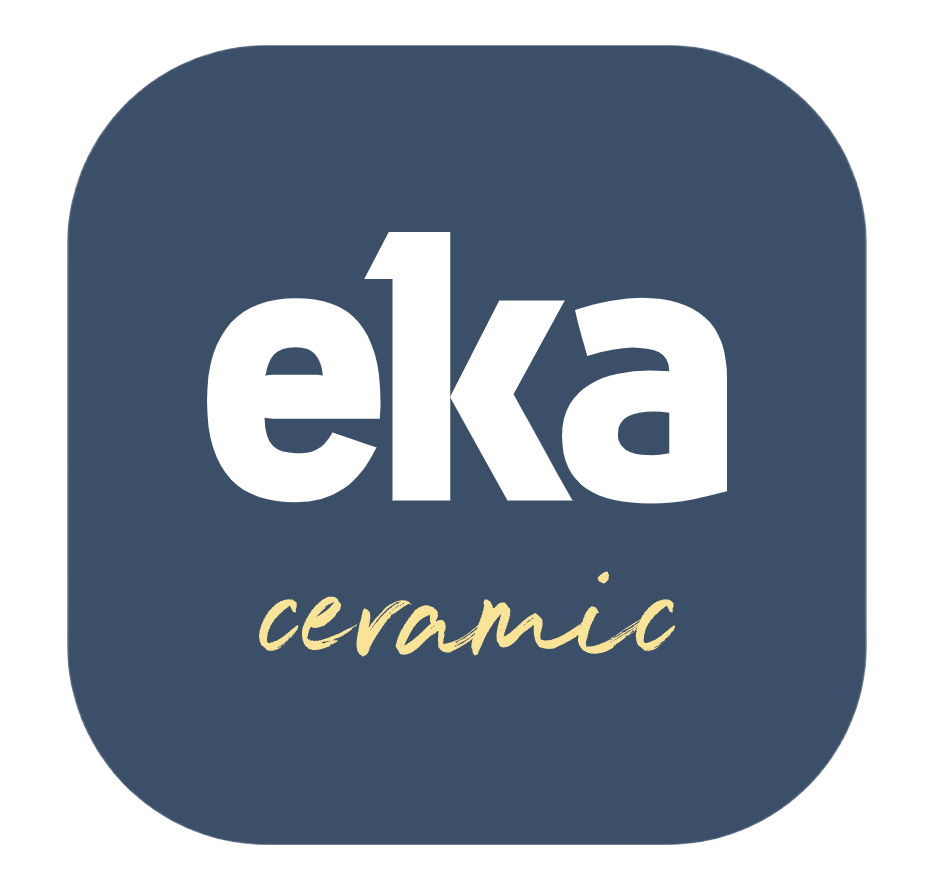When choosing bakeware, durability is often a top concern. Many home bakers and professional chefs debate whether ceramic or glass bakeware is the better option. While both materials are popular, ceramic bakeware consistently proves to be the more durable choice. But why?
In this article, we’ll dive into the key differences between ceramic and glass bakeware, explaining why ceramic is the better long-term investment for your kitchen.
1. Understanding the Composition of Ceramic and Glass Bakeware
To understand why ceramic bakeware is more durable, we need to first look at how these materials are made.
- Ceramic Bakeware: Made from refined clay and fired at extremely high temperatures, ceramic bakeware is built to withstand thermal shock and frequent use. Many ceramic dishes also have glazed coatings that provide an extra layer of protection against scratches and stains.
- Glass Bakeware: Typically made from borosilicate or soda-lime glass, glass bakeware is known for its heat resistance but is still susceptible to breaking or shattering when exposed to sudden temperature changes.
2. Heat Resistance and Thermal Shock Tolerance
One of the biggest reasons ceramic bakeware is more durable than glass is its ability to handle extreme temperature changes.
- Ceramic is less prone to thermal shock: Thermal shock happens when a material undergoes a rapid temperature change, causing it to crack or break. Because ceramic is naturally heat-resistant, it can go from freezer to oven without the risk of shattering.
- Glass is more likely to break: While tempered glass can handle some temperature changes, it is still more fragile than ceramic. Placing hot glass bakeware on a cold surface or adding cold liquids to a hot dish can result in cracking.
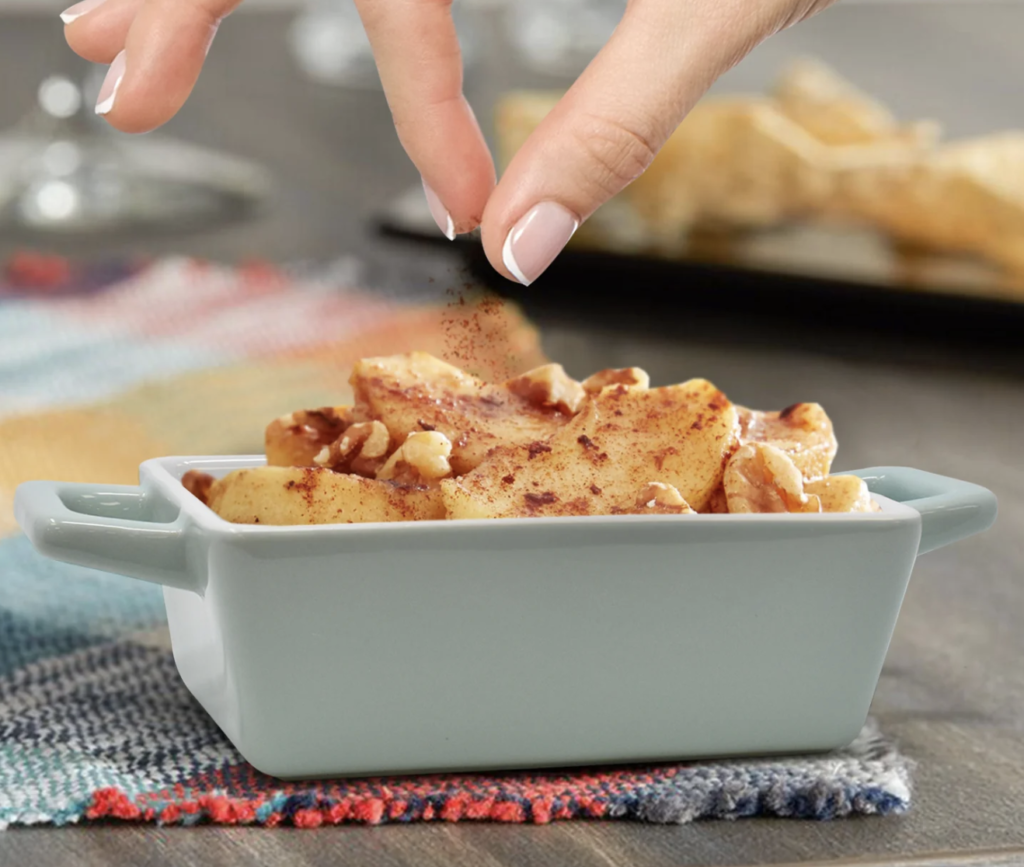
📌 Example: If you bake a casserole in a ceramic dish and take it straight from the oven to your countertop, it’s far less likely to break than a glass dish under the same conditions.
3. Scratch and Stain Resistance
Ceramic bakeware has a protective glaze that makes it highly resistant to scratches and stains, while glass bakeware can develop permanent marks over time.
| Feature | Ceramic Bakeware | Glass Bakeware |
|---|---|---|
| Scratch Resistance | High – Glazed surface protects from utensils and knives. | Lower – Prone to scratching, especially with metal utensils. |
| Stain Resistance | Excellent – Doesn’t absorb odors or stains from acidic foods. | Prone to staining, especially from sauces and oils. |
| Longevity | Long-lasting with proper care. | More fragile and can develop weak spots over time. |
4. Weight and Handling
While both ceramic and glass bakeware are heavier than metal options, ceramic has a slight advantage in terms of durability and handling.
- Ceramic bakeware is designed for strength: The thicker structure provides durability while maintaining good heat retention.
- Glass bakeware is more fragile: If dropped, glass bakeware is far more likely to break into sharp pieces, whereas ceramic bakeware is often more impact-resistant.
5. Performance in Cooking and Baking
When it comes to performance, ceramic bakeware often outperforms glass in maintaining heat evenly.
- Ceramic retains heat better, keeping food warm for longer even after being removed from the oven.
- Glass loses heat quickly, meaning food cools down faster.
This makes ceramic ideal for baked dishes like lasagna, casseroles, and gratins, where consistent heat is key.
📌 Example: A ceramic dish will keep a baked mac and cheese warm at the dinner table longer than a glass dish.
6. Which One Is More Cost-Effective?
Many people assume glass bakeware is the cheaper option, but when you factor in durability and lifespan, ceramic bakeware often provides better value over time.
- Glass bakeware needs to be replaced more often due to cracking and breakage.
- Ceramic bakeware lasts longer, making it a better long-term investment for serious home cooks.
7. Popular Ceramic Bakeware Brands Around the World
If you’re looking for high-quality ceramic bakeware, here are some well-known brands from different countries:
🇺🇸 United States
Emile Henry – A French-inspired brand known for its handcrafted ceramic bakeware with excellent heat retention.
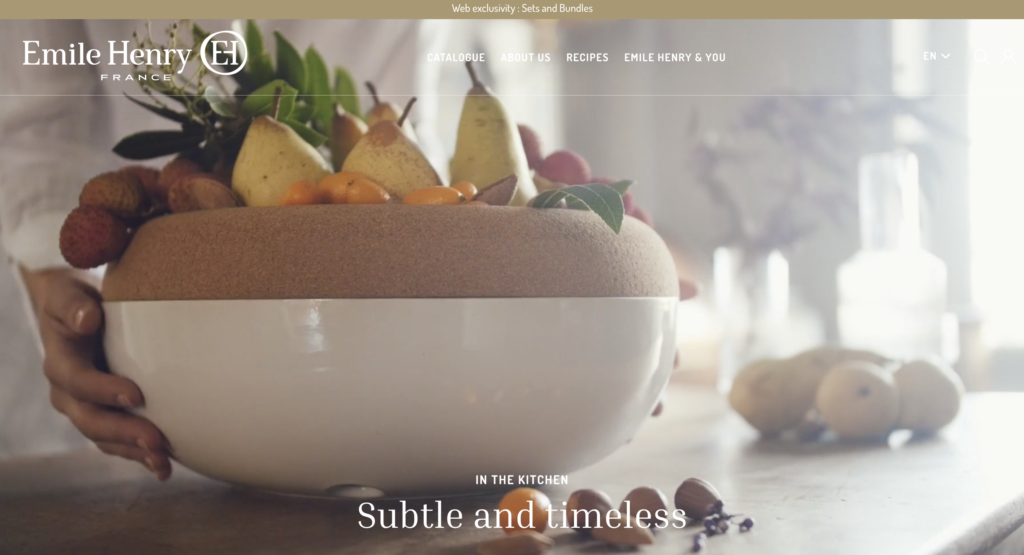
🇫🇷 France
Le Creuset – Famous for its glazed stoneware bakeware, which is extremely durable and resistant to scratches.
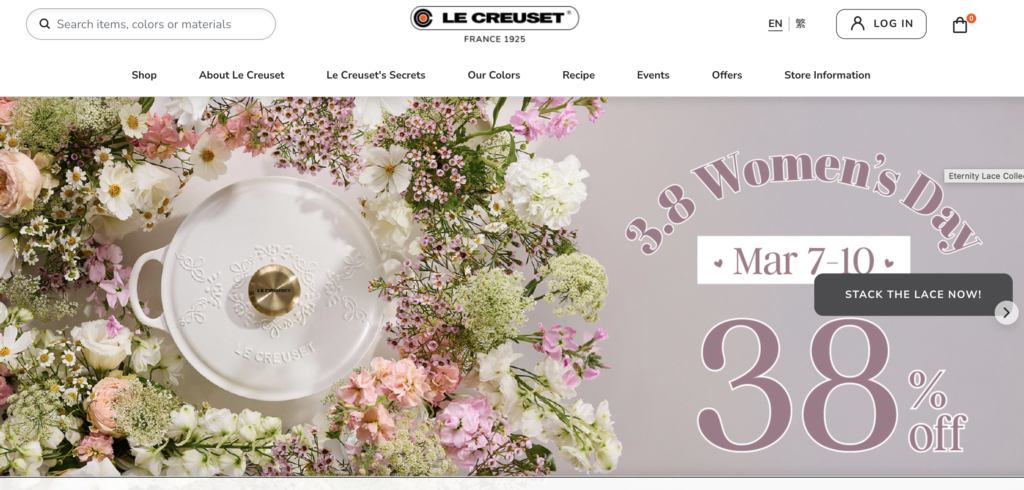
🇩🇪 Germany
Villeroy & Boch – Produces premium oven-to-table ceramic bakeware with a classic aesthetic.
🇬🇧 United Kingdom
Denby – Known for its handmade ceramic bakeware, offering a blend of tradition and modern designs.
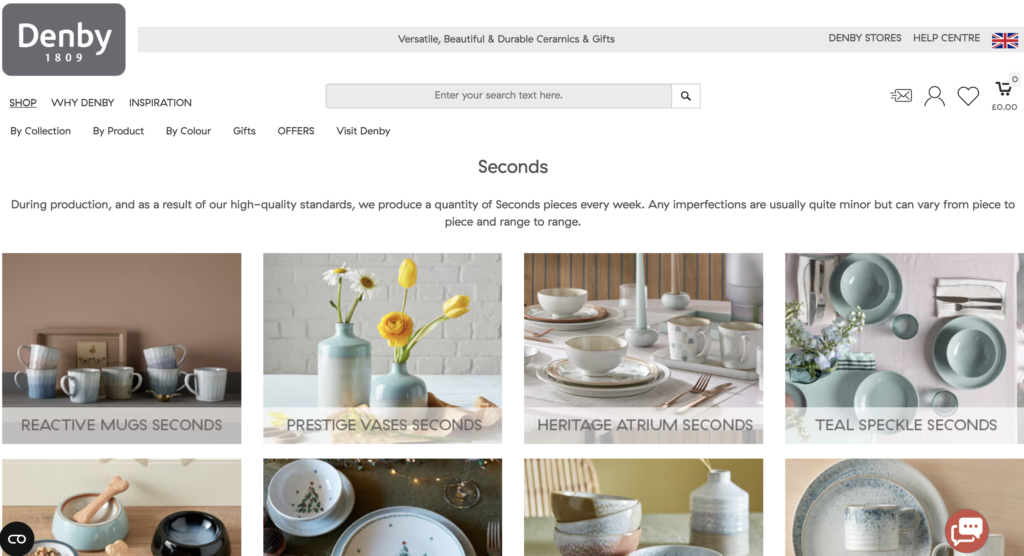
🇯🇵 Japan
Noritake – Specializes in high-quality ceramic and porcelain bakeware, often featuring elegant designs.
These brands highlight the global preference for ceramic bakeware due to its durability and performance.
8. Conclusion: Why Choose Ceramic Over Glass?
When choosing between ceramic and glass bakeware, ceramic is the clear winner in terms of durability, heat resistance, and long-term value.
✔ Better thermal shock resistance – Won’t crack under sudden temperature changes.
✔ More durable against scratches and stains – Lasts longer with proper care.
✔ Even heat distribution – Keeps food warm longer and prevents uneven cooking.
✔ More impact-resistant – Less likely to break if dropped compared to glass.
If you’re looking for high-quality, long-lasting ceramic bakeware, consider custom OEM & ODM solutions from trusted manufacturers. As a leading ceramic bakeware factory in China, we provide tailored ceramic bakeware solutions for global kitchenware brands, retailers, and e-commerce sellers.
FAQs
1. Is ceramic bakeware safe for high temperatures?
Yes! High-quality ceramic bakeware can withstand extremely high temperatures, making it safe for oven use up to 500°F (260°C) or more.
2. Can ceramic bakeware go in the dishwasher?
Most ceramic bakeware is dishwasher-safe, but handwashing is recommended to preserve its glaze and finish.
3. Does ceramic bakeware require special care?
Not really! Just avoid extreme temperature changes (like placing a hot dish in cold water) and use wooden or silicone utensils to maintain the glaze.
4. Why does glass bakeware break suddenly?
Glass bakeware is prone to thermal shock, meaning if you expose it to sudden temperature changes, it can crack or shatter.
5. Can ceramic bakeware be used in the microwave?
Yes! Unlike metal bakeware, ceramic is microwave-safe and great for reheating food evenly.
By choosing ceramic bakeware, you’re investing in a durable, high-performance kitchen essential that lasts longer and enhances your cooking experience. Whether for home use or professional kitchens, ceramic bakeware is a superior choice over glass.
